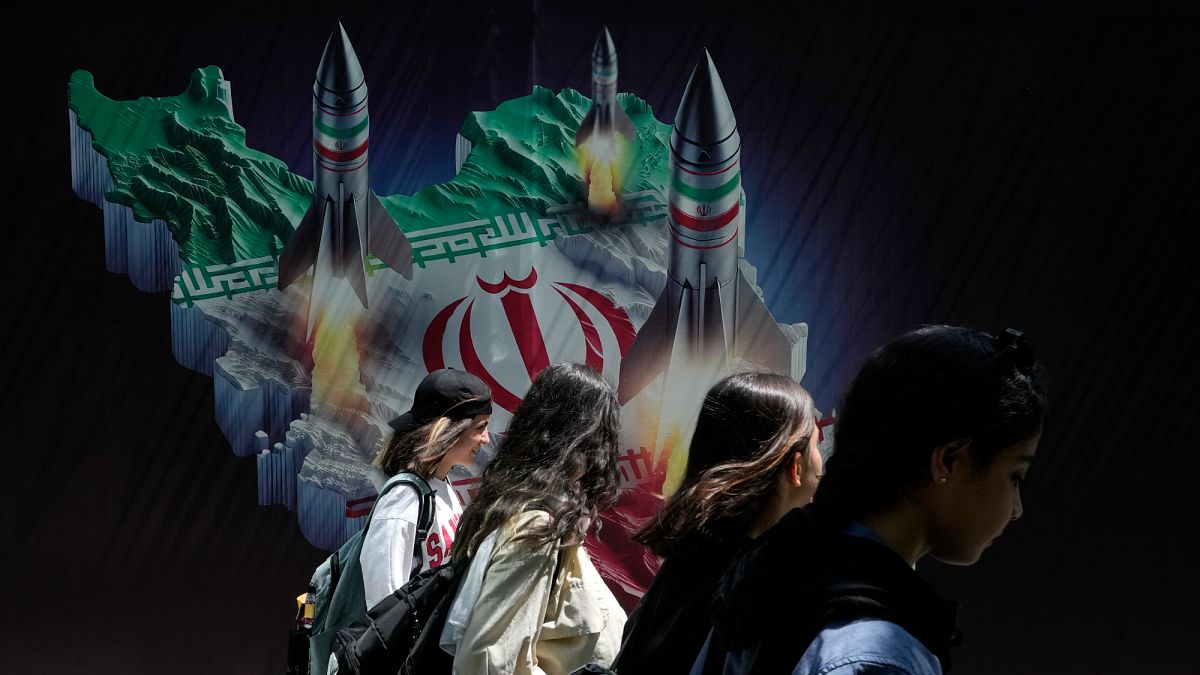Published on
Iran claims it has obtained a large batch of information on Israel’s nuclear programme, its intelligence minister said on Sunday, without providing any evidence to support it.
Speaking to Iranian state television after a cabinet meeting, Esmail Khatib said the Intelligence Ministry had acquired “an important treasury of strategic, operational and scientific intelligence” from Israel, which he said had been “transferred into the country with God’s help.”
Khatib alleged that thousands of documents had been seized, including information related to Europe, the US and other individual countries, though he did not explain how the intelligence was obtained.
Khatib, a Shiite cleric who was sanctioned by the US Treasury in 2022 for his alleged involvement in cyber espionage, said the documents would be made public soon. He claimed they were retrieved through “infiltration” and “access to sources,” but offered no specifics or proof.
The announcement, which came days before Tehran is expected to face renewed diplomatic pressure over its own atomic activities. appears to be aimed at countering a high-profile Israeli intelligence operation in 2018.
At the time, Israeli Prime Minister Benjamin Netanyahu said his agents had smuggled out a “half-tonne” of documents from Iran concerning its nuclear programme.
The operation was cited by US President Donald Trump when he withdrew the US from the 2015 nuclear accord with Iran.
The latest Iranian claims come as the board of governors at the International Atomic Energy Agency (IAEA) prepares to meet this week, with Western nations reportedly planning to censure Iran over its failure to clarify long-standing questions about its nuclear activities.
Such a move could lead to the issue being referred to the UN Security Council and potentially trigger the reimposition of UN sanctions under the “snapback” mechanism outlined in the 2015 deal.
Iran has signalled it will reject a US-backed proposal after five rounds of nuclear talks, raising concerns of a renewed crisis.
Tehran is currently enriching uranium up to 60% purity — just short of the 90% level needed for nuclear weapons — and has stockpiled enough material to build several bombs.
Without an agreement, analysts warn that Iran’s already struggling economy could worsen further, potentially fuelling domestic unrest.
The risk of Israeli or US military action against Iranian nuclear sites also remains, amid fears that Tehran could sever cooperation with the IAEA and dash toward developing a nuclear weapon.
Additional sources • AP

